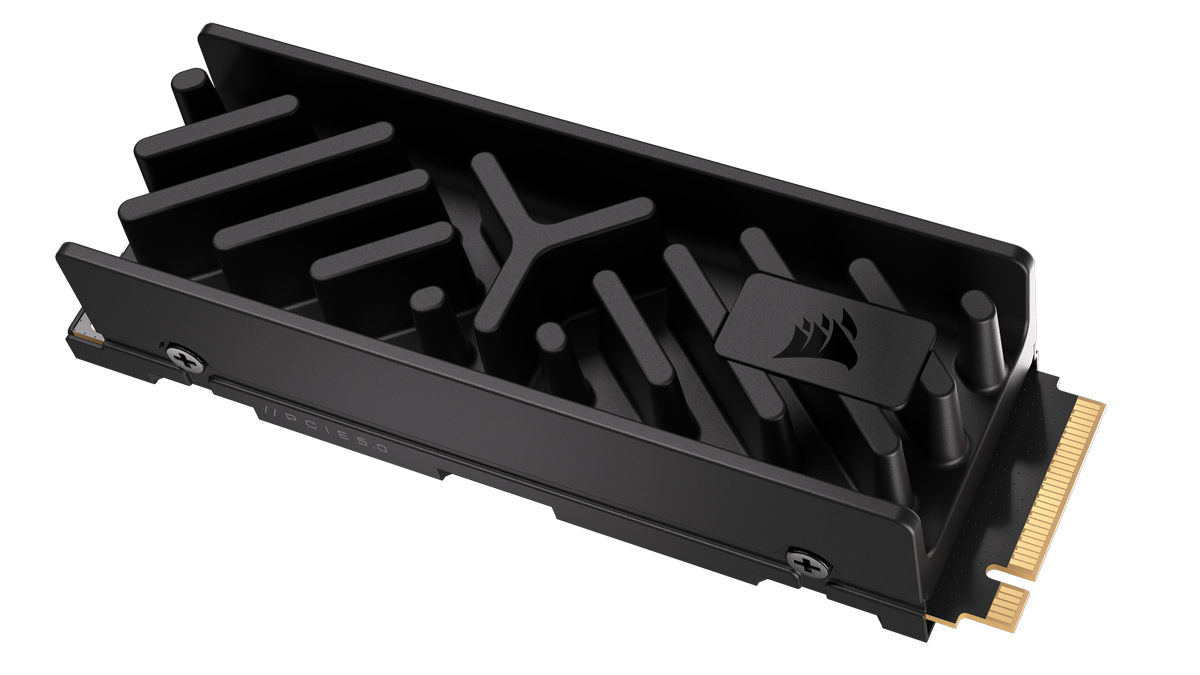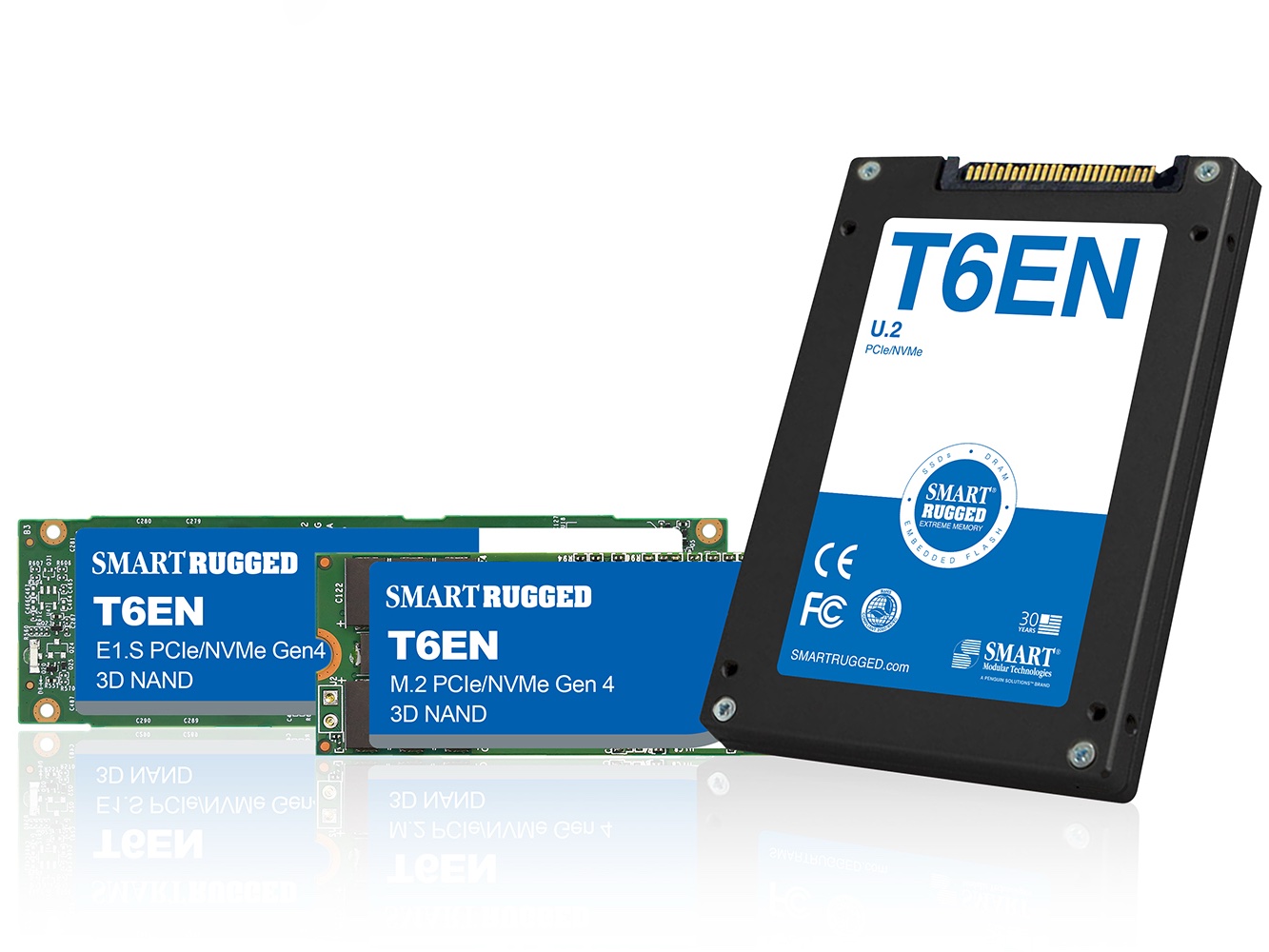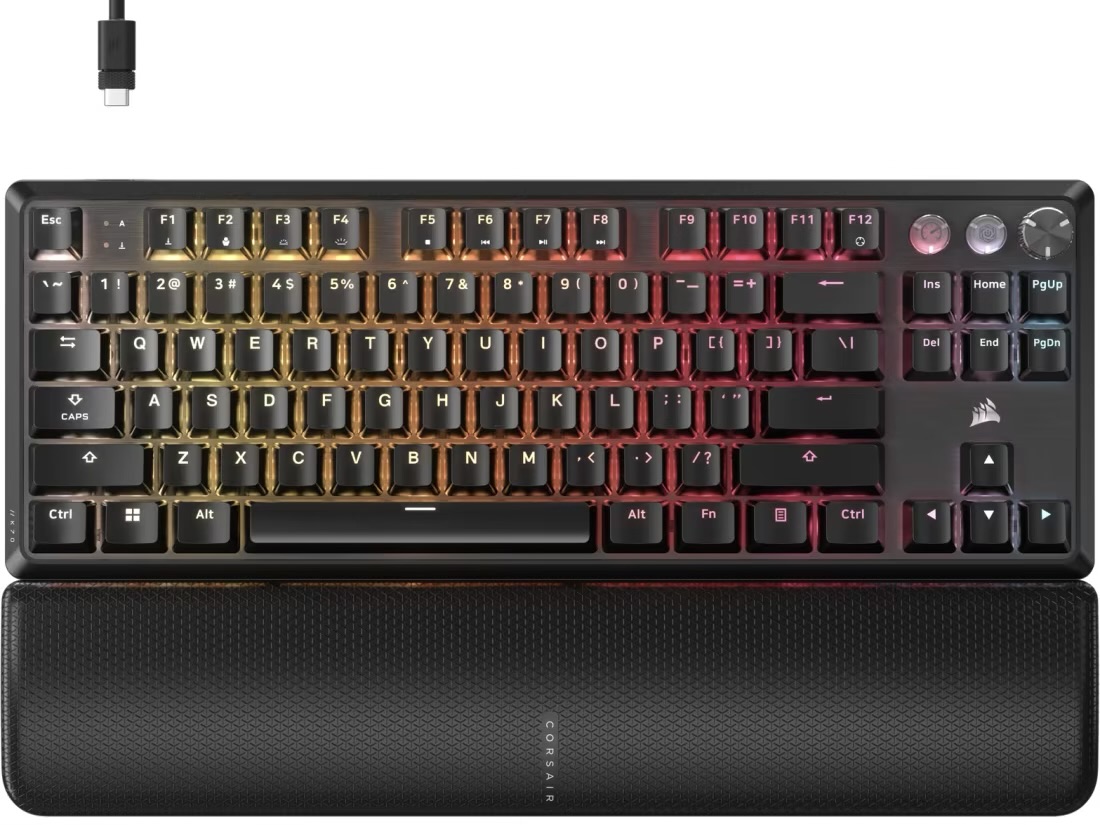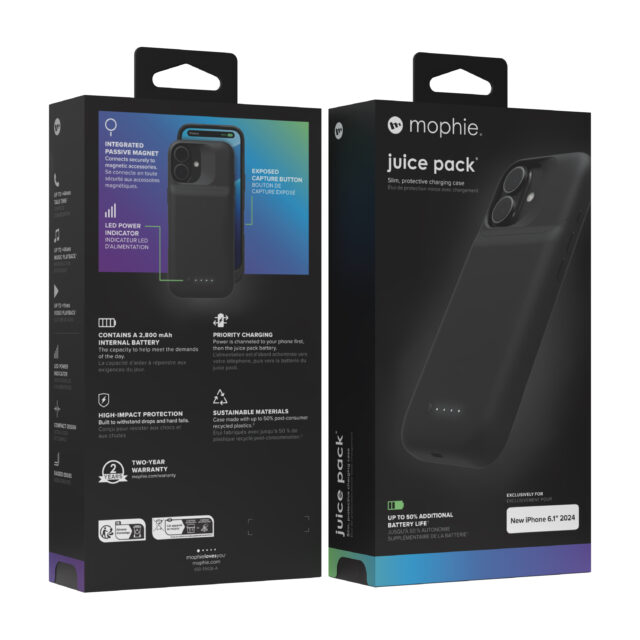
You can buy Sony PlayStation 5 Pro now!
Today marks the official launch of the PlayStation 5 Pro, Sony’s most powerful console to date. Previously announced and now available for purchase here, the PS5 Pro is designed to appeal to dedicated gamers and developers looking for enhanced performance and advanced gaming technology. And yes, it will make the perfect Christmas gift for the gamer in your life.
The PS5 Pro features a huge upgrade in its GPU, with 67 percent more Compute Units compared to the original PS5 and 28 percent faster memory, resulting in up to 45 percent faster rendering. This enables smoother gameplay and improved responsiveness. The console also boasts advanced ray tracing capabilities, allowing for more realistic light reflections and refractions, performing at double or triple the speeds of the current PS5 model.

What happens to Linux when Linus Torvalds dies?
The Linux kernel is at the heart of countless operating systems, powering everything from smartphones to servers. At the center of its development for decades has been Linus Torvalds, a name synonymous with the project itself. But what would happen to the Linux kernel if Linus Torvalds were to suddenly pass away?
First, it’s crucial to recognize that while Torvalds is the most prominent figure in Linux development, the kernel itself is the product of a vast, global community of developers and maintainers. Over the years, Torvalds has overseen the direction and quality of the kernel, ensuring the code adheres to stringent standards and that the development process runs smoothly. However, he is not the only contributor by any stretch. Thousands of developers worldwide contribute code, bug fixes, and improvements to the project.

Frontgrade introduces 18GB DDR4 memory for space technology
Frontgrade Technologies has introduced 18GB DDR4 memory, the highest density available for satellites and spacecraft. The company has started shipping prototypes to customers. This memory is designed to enhance reliability and performance in satellite payloads that need to manage large amounts of data efficiently within size- and power-constrained systems.
Frontgrade’s DDR4 memory is engineered with individual reset signals for each die, which helps mitigate the impact of single event functional interrupts (SEFIs) during flight and supports continuous satellite operation. The memory is compatible with leading FPGAs and microprocessors.

Corsair launches MP700 ELITE PCIe 5.0 SSD
Corsair has introduced its MP700 ELITE series PCIe 5.0 SSD. This new drive offers notable speeds and reliability at a more accessible price point.
The MP700 ELITE delivers sequential read speeds of up to 10,000MB/sec and write speeds up to 8,500MB/sec, powered by the PCIe 5.0 x4 controller. This performance enhancement supports faster system booting, quicker game loading, and smoother file transfers.

This Election Day vote for freedom and make a REAL change
This U.S. Election Day, the nation finds itself deeply divided, with a fierce battle between two prominent figures: former President Donald Trump and Vice President Kamala Harris. Their clash of ideologies has captivated the public, as voters passionately debate the policies and visions of these candidates. Issues like healthcare, climate change, and economic reform dominate conversations.
Yet, as the polls open and citizens cast their votes, there’s another opportunity for change that many might overlook -- a shift that, while not political, could still have a lasting impact on our daily lives and sense of control. And that change? It’s switching from Windows to Linux.

SMART Modular Technologies unveils rugged T6EN PCIe/NVMe SSDs for critical applications
SMART Modular Technologies has annnounced its new T6EN PCIe/NVMe flash drives, tailored for aerospace, defense, and industrial use. The new SSD family is available in U.2, E1.S, and M.2 2280 form factors, providing flexibility for specific application needs. The U.2 version offers up to 15TB in storage capacity, while the E1.S and M.2 2280 models offer up to 8TB. All versions utilize 3D TLC flash memory.
“Our new T6EN SSDs deliver a rich, ruggedized feature set coupled with our proprietary security algorithms, erase trigger, and hardware write-protection,” said Mike Guzzo, senior director of SMART’s RUGGED line of flash products.

MEATER Pro Duo Wi-Fi meat thermometer takes cooking to the next level
MEATER, known for its wireless meat thermometers, has launched the MEATER Pro Duo -- a device that features two probes. While maintaining the same technology, temperature range, and durable design as the MEATER Pro, this new product introduces the ability to cook multiple dishes at once and offers unlimited Wi-Fi and Cloud range for seamless coverage throughout the home.
“At MEATER, we are committed to revolutionizing the way people cook through innovative and premium game-changing products that become staples for your indoor and outdoor cooking requirements. The Pro Duo is a testament to that dedication,” said MEATER President, Jim Hardy. “The MEATER Pro Duo provides a simplistic and efficient tool for cooks at any level, to monitor multiple dishes in real-time from anywhere in the home, making cooking enjoyable and stress-free. We strive to deliver simple, perfection-made-easy cooking solutions.”

Linux Mint Cinnamon desktop to integrate Night Light for improved eye comfort
The popular Cinnamon desktop environment is taking steps to integrate Night Light, a feature that has become essential for many computer users. Night Light reduces the amount of blue light emitted from your monitor, gradually warming up screen colors as evening approaches. The aim is to lessen eyestrain and encourage better sleep by signaling to your body that it’s time to wind down.
Linux Mint users may recall that this functionality was previously available through Redshift, a tool included in past distributions. However, Redshift was limited in scope. It only worked with Xorg, lacked direct integration within the system settings, and depended on geoclue for automatic configuration -- a dependency that has since become obsolete.

Frustrated with Windows 11? The stunning Nitrux Linux 3.7.1 is the OS you deserve
If you’re ready to break free from the familiar but uninspiring confines of Windows 11, it’s time to consider a different approach. Many of us stick with Microsoft’s OS because it’s what we know, not because it’s the best option out there, but imagine an operating system that prioritizes speed, simplicity, and style, all while keeping your workflow seamless and frustration-free.
Enter Nitrux -- a sleek, modern Linux OS designed to offer exactly that. Unlike Windows, Nitrux keeps things light and nimble by being built on a minimalist foundation that ditches unnecessary extras. Its NX Desktop provides a fresh, visually polished interface that feels intuitive and responsive, ideal for anyone seeking a fast, adaptable, and aesthetically pleasing computing experience without the sluggish updates and system bloat Windows users know all too well.

Apple acquires Pixelmator
Pixelmator, the team behind popular image-editing software like Pixelmator Pro and Photomator, has announced plans to join Apple. Known for its design-focused approach and user-friendly tools, the Lithuania-based Pixelmator Team has gained a global following over 17 years. The acquisition agreement is pending regulatory approval, and Pixelmator states that for now, its core apps -- Pixelmator Pro, Pixelmator for iOS, and Photomator -- will remain unchanged.
Pixelmator has emphasized its appreciation for the support of its user base, whose feedback has helped shape the apps into essential tools for many creatives. By joining Apple, Pixelmator could benefit from additional resources and visibility, potentially allowing it to reach a broader audience. For users, this acquisition may bring new updates and features to the software, enhancing its integration within Apple’s ecosystem.

Corsair K70 PRO TKL brings magnetic switch tech to compact gaming keyboard
Corsair has launched the K70 PRO TKL, a tenkeyless keyboard aimed at competitive gamers, incorporating its proprietary MGX magnetic switches. Equipped with features like FlashTap and Rapid Trigger, this keyboard is built to enhance responsiveness for gaming.
The K70 PRO TKL’s MGX Hyperdrive magnetic switches utilize Hall-effect sensors to enable precise, fast activation. With Rapid Trigger, the keyboard can register and reset keypresses quickly, which may benefit users seeking enhanced responsiveness. The keyboard also offers an adjustable actuation distance, from a sensitive 0.1mm to 4.0mm, allowing users to tailor their gaming setup.

Say goodbye to Microsoft Windows 11: Nitrux Linux 3.7.1 is the operating system you need!
If you’re tired of Windows 11 and ready for a fresh start, Nitrux 3.7.1 is absolutely worth exploring. This Linux-based distribution has just rolled out its latest update (build 311024.sp), featuring Linux 6.11.5-1 (Liquorix), a setup that targets performance, security, and compatibility enhancements.
For those willing to give Nitrux a shot, a clean installation with the latest media is recommended to avoid any compatibility issues. Existing users of Nitrux 3.7.0 can review the upgrade notes for a smooth transition to the latest release. Among its software updates, you’ll find Firefox at version 132.0, MESA 3D Graphics Library to 24.2.4, NVIDIA’s Linux driver at 565.57.01, and AMD’s Open Source Driver for Vulkan. Additionally, Nitrux now incorporates the latest Linux firmware, bringing broad support across various hardware -- from Qualcomm’s Wi-Fi 6 chips to Intel’s integrated graphics.

mophie unveils Juice Pack battery case for iPhone 16 series and limited-edition Powerstation Plus
mophie has launched new additions to its lineup of mobile charging solutions with the new Juice Pack battery case for the iPhone 16 series, including compatibility with iPhone 16, iPhone 16 Pro, and iPhone 16 Pro Max. Additionally, mophie has launched two limited-edition Powerstation Plus power banks, enhancing its range of portable power options.
The updated Juice Pack offers reliable power on the go, with an internal battery ranging from 2,800mAh to 3,600mAh, depending on the iPhone model. The Juice Pack is designed to keep users connected throughout the day, providing ample capacity to extend device usage between charges.

ChatGPT launches upgraded search feature with links to web sources
In a Halloween update, ChatGPT has rolled out an improved search feature designed to deliver faster, more relevant information directly within its chat interface. This feature gives users the option to access timely information from the web -- such as sports scores, stock data, and news -- without navigating to a separate search engine. Users simply ask questions and receive responses with direct links to sources when available.
The new search tool is accessible on chatgpt.com, as well as through the ChatGPT desktop and mobile apps. Currently, ChatGPT Plus and Team users, along with members of the SearchGPT waitlist, have access to this feature, with plans to gradually expand to Enterprise, Edu, and Free users in the coming months.

Ditch Microsoft Windows 11 and switch to the Ubuntu-based Linux Lite 7.2 -- you won't regret it
Linux Lite 7.2 has arrived, giving disillusioned Windows users the chance to explore a streamlined, user-friendly OS. Renowned for its lightweight design, Linux Lite aims to ease the transition from Windows 10 and 11, and is perfect for first time Linux users. This latest release introduces AI-powered support options and fresh customization features, offering a unique experience beyond typical Windows capabilities.
Yes, Linux Lite utilizes AI to simplify the support experience, making it easier for users to find solutions to issues quickly. It’s a massive addition to Linux Lite’s overall quest to remain accessible, particularly for those new to Linux.

